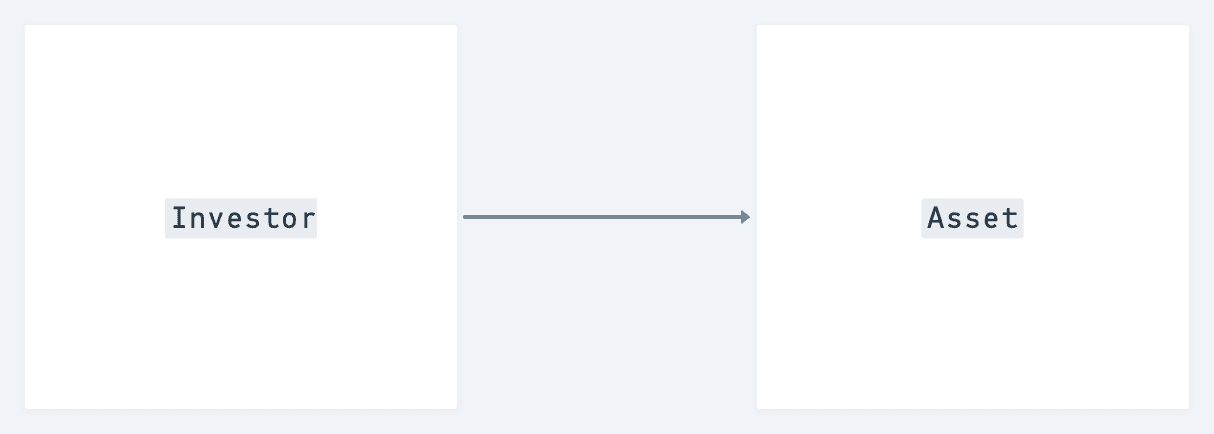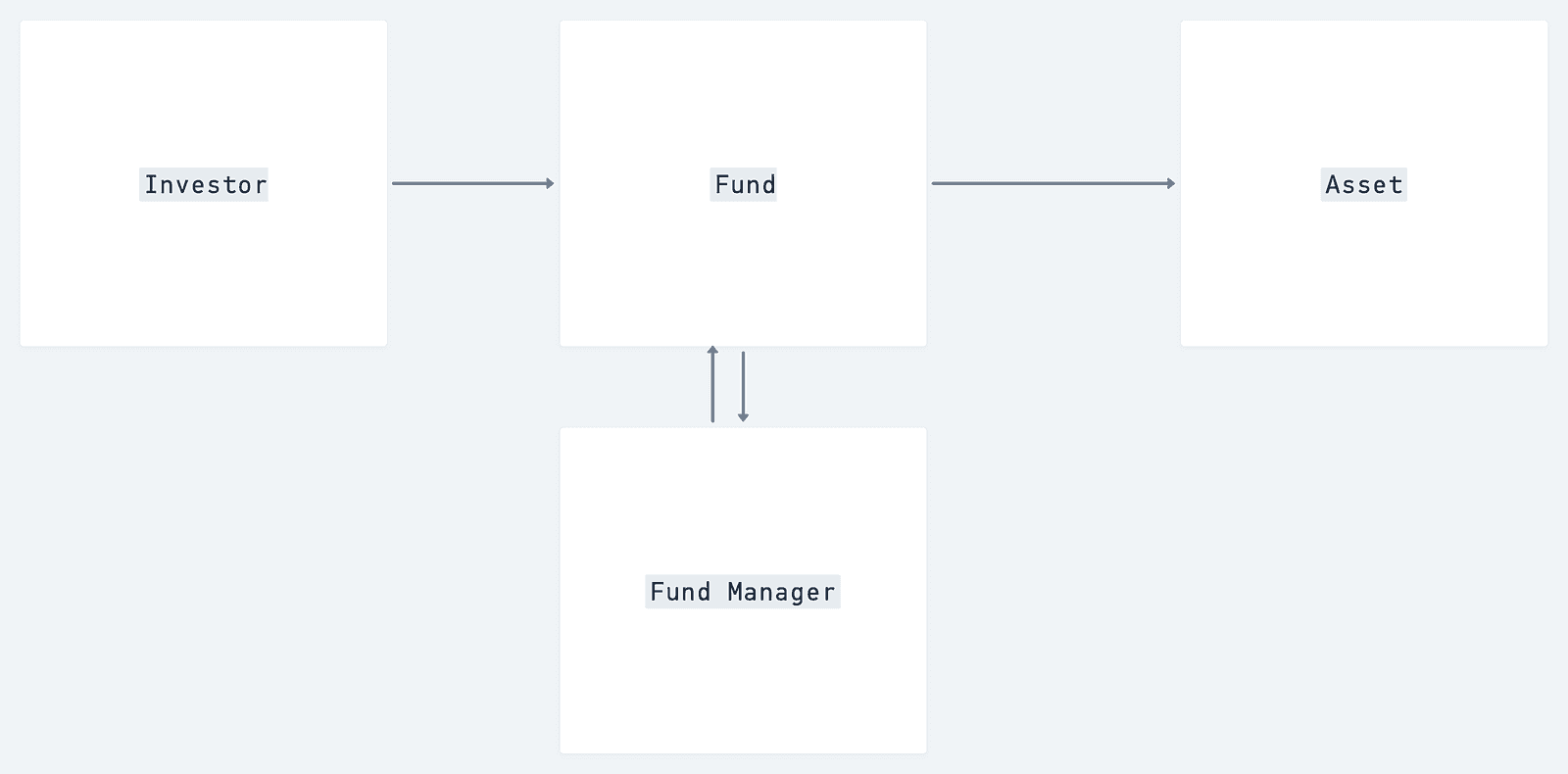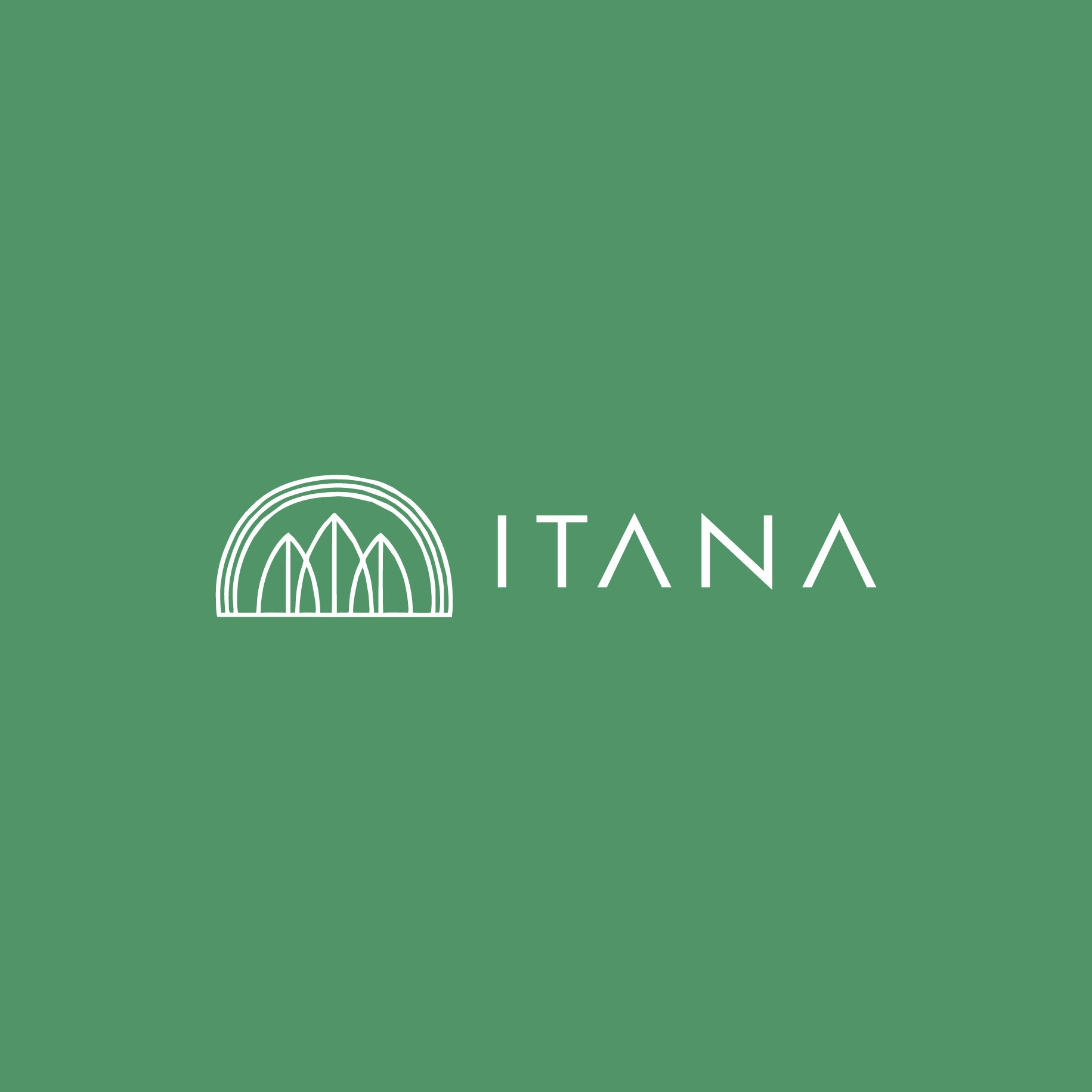Private Investments in Africa
Oct 30, 2023
Introduction
Investing is simply the movement of money from lenders (people who have cash and have no pressing need for it at the moment) to borrowers (people who need cash and don’t have it) to gain benefits for their opportunity cost. These benefits can come in the form of interest, dividends, or any other return on investments. This is a relatively simple definition, and there are so many nuances to consider when it comes to investing. But don't worry, with a little research and guidance, anyone can become a successful investor!
Unlike public investments that invest in securities (read equity and debt) that are made available to the public, private investments span across venture capital, private equity, venture debt, etc that are riskier and often involve relatively few participants, especially on the buy-side.
We will be using venture capital to explain private investments for this article, venture capital is a form of financing that investors give to startups that they believe possess the potential to grow quickly and for a long time. In simple terms, they are giving money to startups in exchange for ownership, or interest, depending on the agreement.
The fund model
Venture capital (read private investments) is typically done through a fund, but first, let’s break the private investment ideology down. The goal for an investor is for its investment to reach the asset being invested in as quickly as possible, one way to do this is through angel investment i.e. investing directly in the startup.

The downsides to angel investing include:
Risk management: what if the startup fails?
Scale issues: The asset owner(founder)has to keep a record of all investors, the amount invested, the contract, etc, same with the investor if they invest in multiple assets
Introducing the fund model

The fund model is the method deployed for most venture capital investments, a fund manager(in most cases a VC firm) sets up a fund, which is basically an entity with the sole aim of receiving capital from investors and investing that capital in assets (startups), the fund is supposed to return the proceeds back to investors. To read more about venture capital fund
Fund Classification:
Private investment funds can be classified into:
Multi-asset funds: Can invest in multiple assets by design, most traditional VC funds are like this.
Single-asset funds: Can only invest in one asset by design, this is mostly known as a Special Purpose Vehicle (SPVs).
Benefits of a Fund
Utilizing the fund model offers several advantages for private investments:
Scale: Funds can attract multiple investors, thereby increasing the scale of participation in private investments.
Diversification: Multi-asset funds allow investors to diversify their investments across various ventures, spreading the risk.
Simplified Interactions: Founders of assets only need to engage with the fund manager, streamlining the investment process, and reporting to investors.
Challenges
Despite the fund model’s existence, there are limited African funds investing in African assets, and the participation of African investors remains relatively low. Several challenges contribute to this situation:
High barrier to entry for fund managers:
Becoming a fund manager in the private investment industry entails overcoming numerous challenges, which can be daunting and seemingly insurmountable. The process of setting up funds involves extensive legal document preparation, signing, and intricate compliance processes. Additionally, establishing the necessary banking infrastructure and meeting regulatory requirements can be time-consuming and overwhelming. These factors, combined with the laborious task of onboarding and inviting Limited Partners (LPs) to join the fund, intensify the complexity of the endeavor.
Money movement
Especially in Africa, where there is no unifying currency, it is hard to price the amount needed to invest, the amount to value assets, and so on. Currently, this is being done in USD as the de-facto unifying currency but there lies another problem, how do investors that hold cash in other currencies like UGX, NGN, and Ksh all invest in USD?
Illiquidity
Private assets are too illiquid(they can easily be converted to cash), and this is a turn-off for African investors where cash is still king and there is no simple way for Africans to borrow against their holdings in illiquid assets (this is another opportunity).
The Probable Solutions
How do we intend to solve these problems through products?
Problem A: High barrier to entry for fund managers
An AngelList for Africa might solve this, specially tailored to Africa, that will attempt to solve the big challenges of setting up a fund legally and compliantly, admin operations and taxes included. Fund managers need to create an account, and show where their interest lies, and this product will spin up the right structure to facilitate the investment, with the right documents to sign and the fund manager can start raising into this structure.
Problem B: Money movement
Money movement is the greatest problem from an African perspective, especially in Nigeria where there is a lot of forex restriction for USD. An attempt is to use crypto rails instead of bank rails, and funding is done directly in USDC instead of the fiat USD. AngelList currently allows its investors to fulfill their commitments in USDC through a platform called Anchorage to ensure compliance.
Problem C: Illiquidity
One word: Tokenization! Tokenization of an investor’s investments so that there is already an exchange of money and investments before the important filings and transactions are successful with the incorporated structures.
Products Helping
As a conclusion, products that are helping to demystify alternative investments in Africa will be recognized:
AngelList: By allowing Africans to set up funds, SPVs even if they are hella expensive.
Getequity: Crowdraising money from retail investors into startups and making it liquid, even if the legalities behind it are not 100% secure.
Daba-Finance: Setting up SPVs and syndicating them to a network of private investors, even if the investors don’t have a plethora of options.



